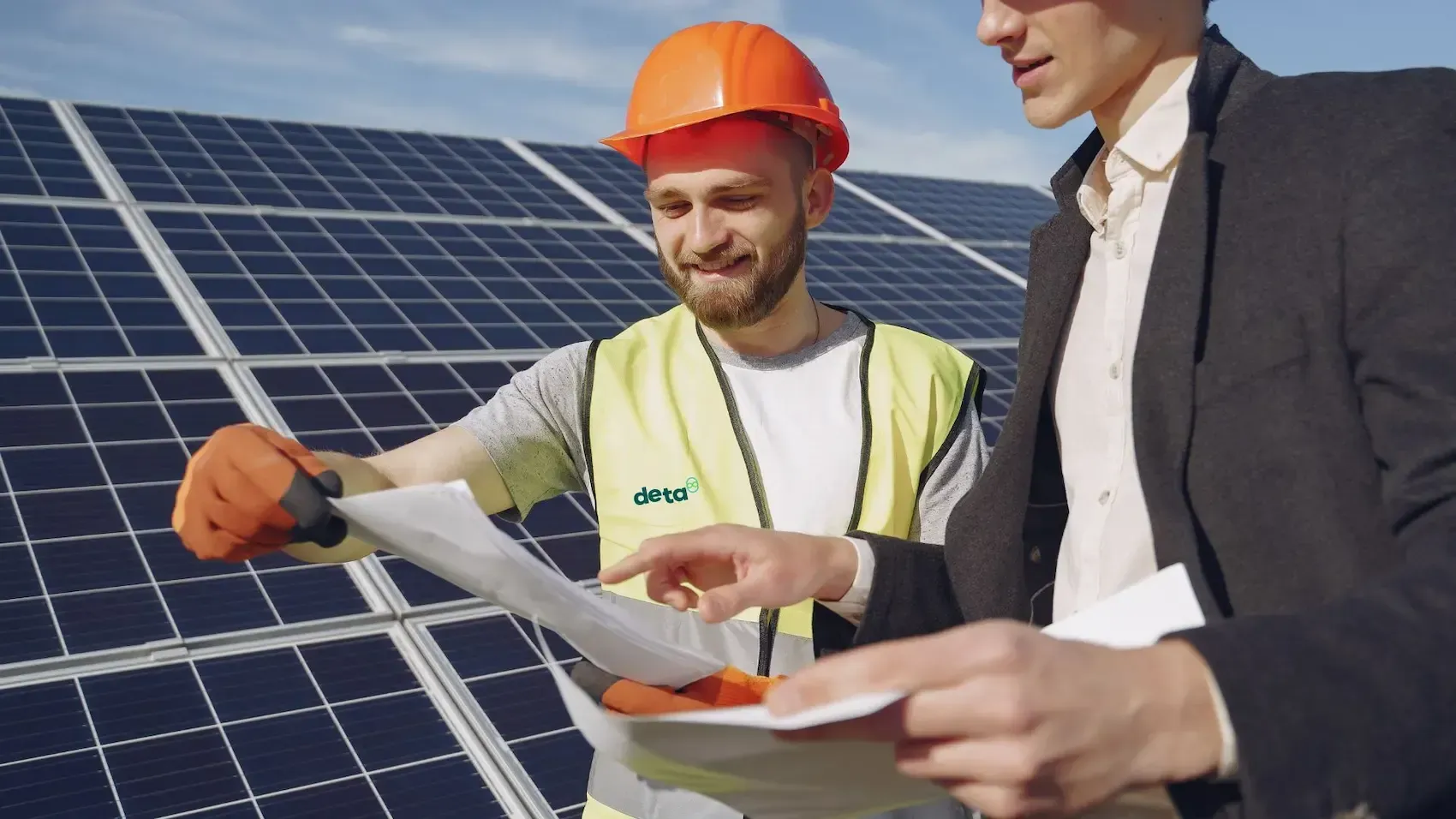FY21 Carbon Footprint - On The Improve!
DETA Consulting works closely with many of New Zealand’s largest energy users, and carbon emitters, to improve their carbon footprint through improved efficiencies across their organisations. We are proud of the impact that we have reducing New Zealand’s carbon footprint – to date our work has reduced carbon emissions across New Zealand industry by more than 40,000 tonnes per year. Further, we are now working with governments in the Pacific Islands to develop decarbonisation strategies.
Before jumping into the details, it's worth noting that Eugene Robson and Ivory Goodier from our team have been leading our internal carbon reporting and reduction efforts - and their work is showing. Many thanks guys!
While it’s great that we are achieving these results, our own carbon footprint is also of concern to us. Our carbon footprint for the 2020 calendar year was 54.3 tCO2e, which consists of the following:
- Scope 1 emissions 2.9 tCO2e
- Scope 2 emissions 5.4 tCO2e
- Scope 3 emissions 46.0 tCO2e
- Total emissions 54.3 tCO2e
- Carbon offsets 0 tCO2e
This is a 13% decrease from our 2019 carbon footprint (62.1 tCO2e). The main decrease from 2019 to 2020 was due to the significantly reduced air travel (Scope 3) as a result of the COVID-19 lockdown in 2020. Our Scope 1 and 2 emissions increased slightly due to business growth, resulting in higher pool car use and additional electricity use from the increased size of our Christchurch office.
We are committed to reducing our carbon footprint and our reduction targets have been set based on an absolute emissions reduction approach, and following the methodology defined by the Science Based Targets Initiative.
Our ambitious targets are as follows and are based on our 2019 footprint:
- Reducing Scope 1 & 2 emissions to limit warming to 1.5°C. This equates to a 46.2% absolute reduction by 2030.
- Reducing Scope 3 emissions to limit warming to well below 2°C. This equates to a 27.5% absolute reduction by 2030.
For the 12 months ending December 2020, we were 10% below our overall SBT carbon budget.
Like many other businesses, the COVID-19 lockdown forced us to work differently while still being able to service Essential Businesses. Throughout the lockdown period we were able to successfully complete several consulting projects via Zoom and Teams calls, without physically visiting the sites. From this experience, we are continuing these practices where possible to reduce unnecessary air travel.
We anticipate that our business will continue to grow, which may lead to an increase in our business-as-usual carbon footprint. This is a concern for us, as we are committed to practicing what we preach. Effective carbon footprint management is essential, and we strive to operate as efficiently as possible within our means.
To meet our annual carbon budget for 2021, we are continuing with a range of initiatives including:
- Encouraging less travel to customers sites, and engaging selected consulting projects on a ‘Zoom and telecon only’ basis. This is an area where COVID has actually helped us - clients no longer expect that we are face-to-face for all meetings, and we're delivering several international projects entirely remotely.
- Reporting our monthly carbon emissions alongside our carbon budget as part of our Board papers
- Holding two cycle campaigns per year to encourage staff commuting to work by bike
- Reviewing and optimising our air travel patterns, such as combining trips to reduce flights
- Reviewing our supply chain and identifying opportunities to switch to low-carbon alternatives
We are looking forward to taking on the challenge of decarbonising our business, while continuing to support our clients on their own low-carbon journeys.
DETA are more than consultants - we partner with clients to understand their business and make a long-term impact on business performance.
Contact us and see how we can help your organisation.





